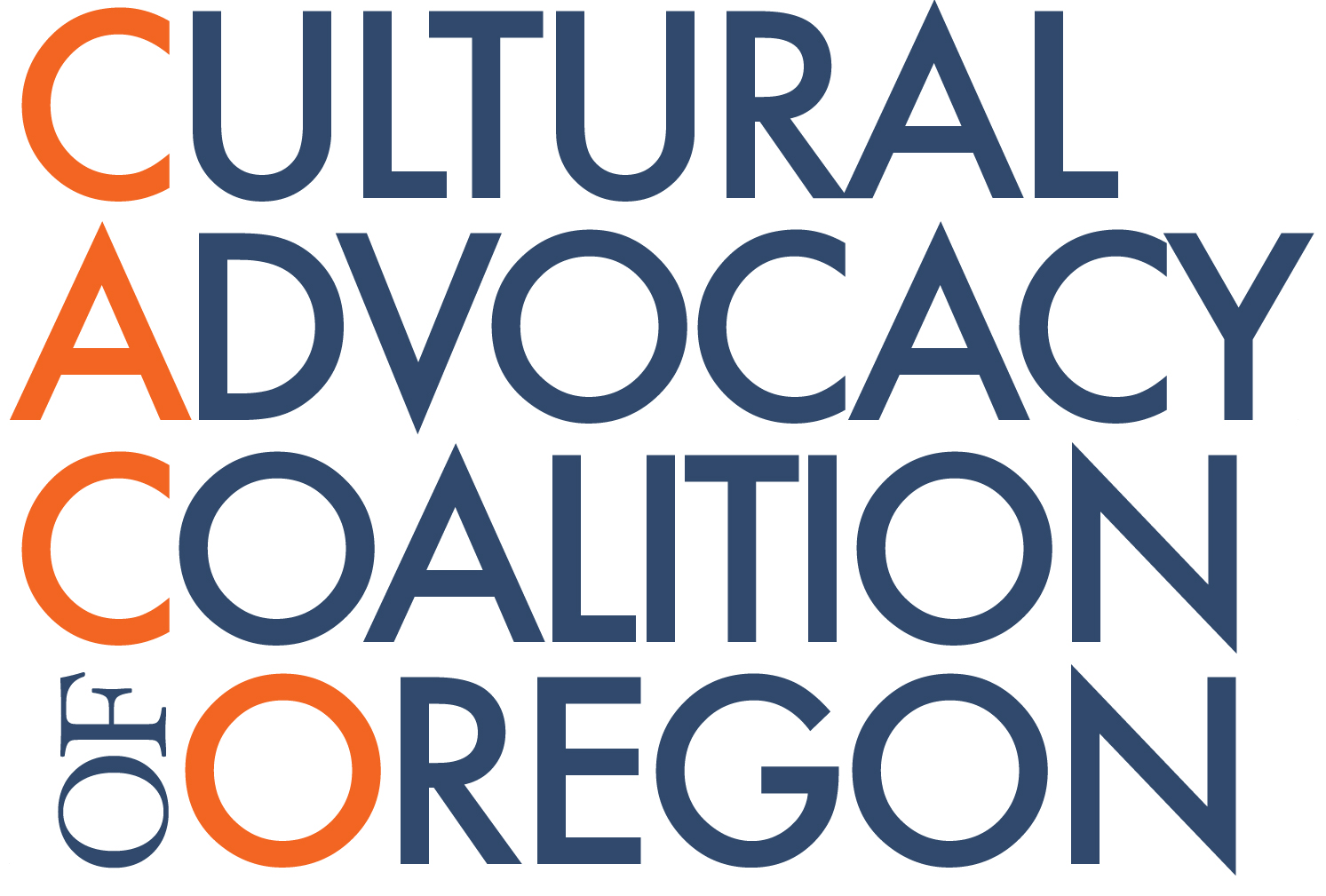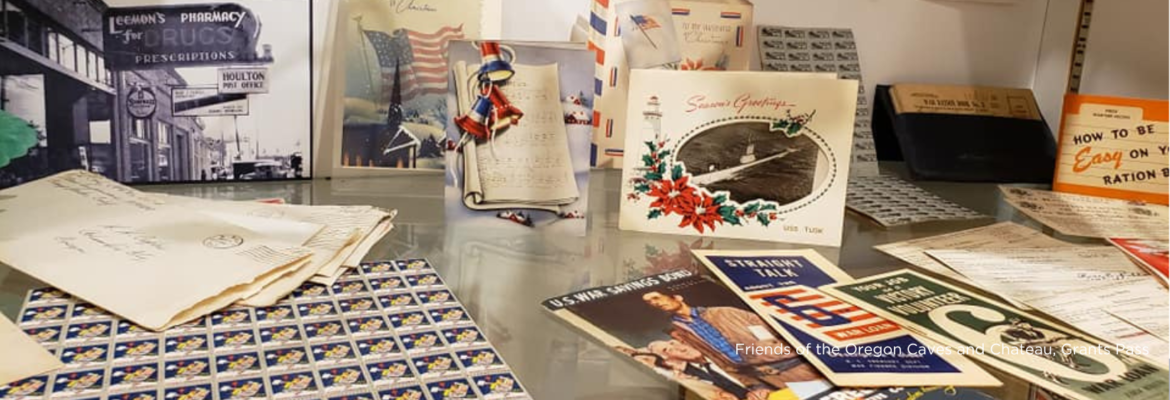This article is the first in our series on the 14 capital projects that failed to get funded by the Oregon Legislature in 2023. The Cultural Advocacy Coalition of Oregon sought $11.8 million in lottery bonds to fund Cultural Resource Economic Fund (CREF) projects across the state. Only two Portland-based projects were funded at $4 million, even though the legislature has approved all of the projects each year since 2013. The 14 smaller projects total $7.8 million and are spread throughout the state, mostly in rural areas.
Q: Which Oregon town hosted Debbie Reynolds, cast, and crew for the “Halloweentown” movie 25 years ago this summer?
A: St. Helens!
To this day, thousands flock to St. Helens every fall to visit filming locations and relive Halloweentown memories. The Columbia County Museum Association (CCMA) participates in the festivities in support of local tourism. It displays movie props and maintains a free interactive walking tour of filming locations for both Halloweentown and Twilight.
The museum in St. Helens is fully run by volunteers who are committed to its mission: to collect, display, preserve, and safeguard artifacts, ephemera, photographs, and research about Columbia County history.
“We are moving the museum from its present location in the historic Columbia County courthouse to another historic building that’s being renovated and restored, the John Gumm Building,” explained Les Watters, who grew up in St. Helens and has been museum curator since 2005. “The new venue is more updated, appropriate, and accessible for displaying our collection. We’ll be able to share programs and exhibits we can’t today.”
The John Gumm Building will offer more space, accessibility, and environmental control protections for their collections. In the current building, the museum is located on the third floor without an elevator. This causes accessibility challenges to visitors and volunteers, and it also makes it difficult to move collections and bring and remove items for exhibits.
The museum staff and board are not sure how they will complete the project without CREF funds. They want to remain hopeful the project will go forward as designed. With occupancy planned for 2024, the project will continue without the funding, but on a more limited basis.
Traveling via the Oregon Trail, many pioneers landed in Columbia County. Preceded by explorers and trappers, they settled on the ancestral territory of the Chinook, Clatskanie and other tribes and bands, which relied on the Lower Columbia River for food, transportation, trade, medicine, and cultural and spiritual rituals. Preserving and sharing their rich and complex histories with residents and visitors is invaluable in creating a thriving cultural environment in Oregon.
We hope the Oregon legislature understands the value of funding volunteer-driven organizations like the Columbia County Museum Association and keeping history alive for Oregonians.

